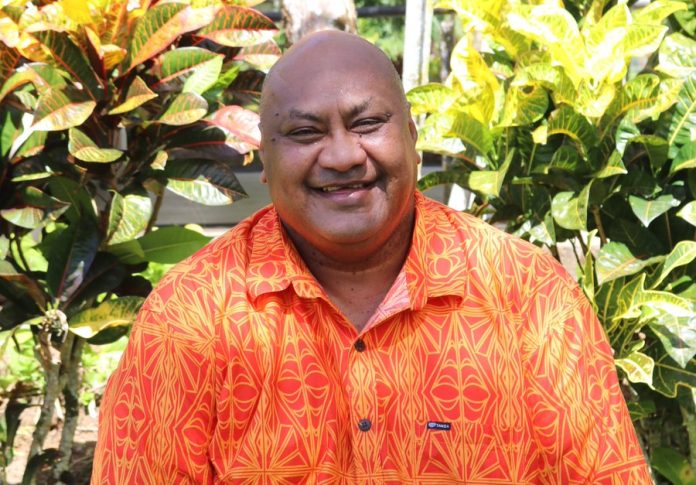Pacific Islanders who live as our forefathers lived celebrate biodiversity every day. Every day is biodiversity day.
Our native and endemic species and the habitats in which they exist are woven into the fabric of our traditions, cultures, livelihoods and economies. Preserving our Pacific biodiversity is central preserving our identity and our future – it is the very ethos of life and existence in Pacific Island Communities.
Islands represent only about five percent of the land on Earth, but 75 percent of bird, amphibian, mammal, and reptile extinctions have occurred on islands. Small Island Developing States (SIDS) have long enjoyed special case status because of our vulnerability to climate change – we should have the same for biodiversity.
Our Pacific Islands, as part of the family of SIDS, need biodiversity for an economy.
The post-2020 Global Biodiversity Framework must connect with the everyday Pacific realities in our SIDS and communities. We have jurisdiction over 30 percent of the global ocean realm but, with our small economies and administrations, lack the capacity and resources to sustainably manage and develop these fragile natural environments. We need strong partnerships and cooperation between ourselves and our development partners to work towards our agreed sustainable development goals.
All five of the principal direct drivers of biodiversity loss — land and sea use change, climate change, pollution, direct exploitation, invasive alien species and their interactions — occur on our islands.
For a shared future for all life on Earth, we must share action now. Global challenges like climate change, invasive species, and pollution recognise no boundaries. These global challenges cause biodiversity loss on our shores but mostly emanate from beyond our borders and region. We have legally binding global instruments to address climate change, biodiversity, and recently at UNEA 5.2, an agreement to negotiate a global instrument to eliminate and control plastics.
In 2021, through the Vemööre Declaration, Our Pacific Leaders have articulated priorities for environmental action and set our strategic directions through the Pacific Islands Framework for Nature Conservation and Protected Areas, 2021-2025. Our leaders have directed we integrate all our thematic efforts into the 2050 Strategy for a Blue Pacific Continent that they will consider at their Leaders meeting in July 2022. This will be the framework through which regional initiatives and activities towards the SDGs will be guided up to 2050. One of the six thematic pillars of the 2050 Strategy is Ocean and the Environment.
The Secretariat of the Pacific Regional Environment Programme (SPREP) as the inter-governmental regional organisation for the protection and sustainable development of Pacific Island environments, works in partnership with our members to help build a resilient Pacific environment together, sustaining our livelihoods and natural heritage in harmony with our cultures.
Healthy biodiversity is central to building climate resilience, healthy communities, healthy economies, and a secured future for Pacific peoples. Our Pacific islands biodiversity must be a priority.
Climate change is one of two top drivers of species extinctions on islands, but biodiversity is a key ally in building climate resilience. This means to address climate change we need to address biodiversity and to address biodiversity we need to address climate change. We need integrated approaches to planning and management to allow us to address these issues holistically. We need local adaptation action for resilience as well as mitigation efforts that reach the global scale.
Inadequate land-based management, dumping at sea, and lost or discarded fishing gear have created a plastic pandemic in our Pacific islands region. Pollution harms biodiversity.
As the global community defines its relationship to nature for the coming decade, let’s listen to the voices of our Pacific islands people, those who live alongside nature every day. Unfortunately we have become the canaries in the coal mine – the first indicator that the deadly methane of degradation and extinction is upon us. We need to continue in our role as the watchmen on the ramparts sounding a warning that we need to always be ready to fight for what we have been blessed with to maintain our way of life and identity.
SPREP is a paddler on the Vaka or Waqa for the Pacific Voyage to a Post-2020 Global Biodiversity Framework. We have prepared our inputs and need to effectively voice our concerns, issues and plans and the Pacific path to change – that the world needs to support and adopt.
SOURCE: SPREP/PACNEWS


















